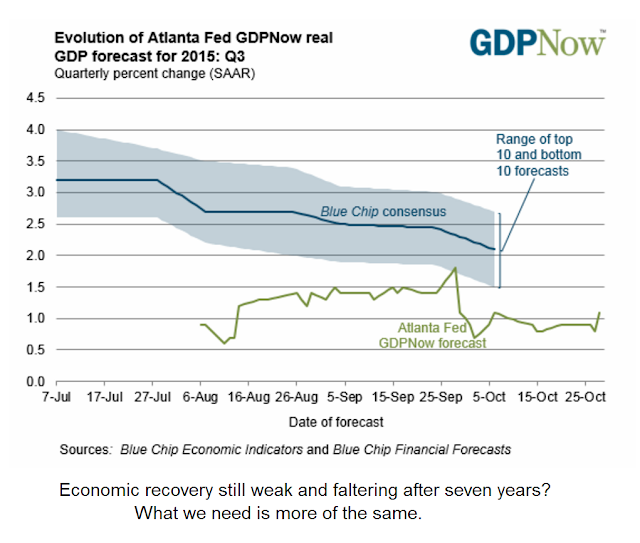'Modern capitalism is masterful at producing services people don't need and in large part probably don't want. It is brilliant at convincing people that they do need and want them. But it has difficulty turning itself to the production of those services which people really do need.
Not only that, it often spends an enormous amount of time and effort convincing people that those services are either unrealistic, marginal or counterproductive.'
John Ralston Saul
Saul is referring not to capitalism but to Capitalism, that is, an economic system that rises from its proper role as a supporting tool or method to being the arbiter of end issues superior to the intents of public policy. Capitalism begins to dictate outcomes, and policy goals become not its director, but its servant.
The machinery of the market takes precedent over the well being of mankind. It creates winners and losers, and panders to the selfish interests of its moneyed pharisees and their corporate acolytes.
This divergences between myth and reality has caused the modern landscape to become a convoluted wasteland of profane gods and deep wells of subjectivity. The preoccupation becomes form rather than the substance of results.
No where is this more visible than in modern economics, with its worship of willfulness in power and the delphic marketplace. They are as devoted to their dogma as any fundamentalist, seeking to hide their ideological bent behind a wall of jargon, slogans, and false proofs.
Something is worth what it is because we say it is, and we have the power to make that stick. And there can be no disagreement or discussion on this subject. Because theirs is a received religion.
One only has to consider that most Americans are convinced that their medical system is the best in the world, a model of capitalistic success, when even a cursory consideration of the facts shows that it excels only in overall expense, and grossly underperforms in first things of public policy like infant mortality.
It may provide very good results, but selectively for its own adherents. Those overall results are strictly rationed, and distributed by privilege and access to money.
The marketplace, in the very literal sense of the word, decides who will suffer and who will thrive, who may live, and who will die.
And too often the opposition to the Neoliberal free-marketeers become less a reform and more like a rival religion. This is no reformation, but a substitution of other top down ideologies. Communism is a fairly good example of a rival utopian ideology. Almost any system taken to an extreme for its own sake can fit the bill.
I can see many well-intentioned reformers falling into a dogma of their own. The key difference is that the focus shifts from the ends, the reform and remediation of wrongs and public policy issues to the dictates of a new utopian system with its own set of jargon, based on top down commandments, to be worshiped and embraced without question. And woe to those who dare to raise any objections, for they will be shunned and attacked.
Even while they are collapsing in practice, and badly and even tragically so, there can be no deviation from their solutions which are prescribed, top down, by ideology. This is the most important distinction, that in an ideology the results are subordinate to the top down principles followed.
The US has the most expensive medical system in the world by most measures. And yet it is producing rather inferior results in certain key categories. Look at all these children who are suffering and dying. And the pharisees of Capitalism will say, oh well you see, these are the offspring of economic infidels, collateral damage to the beauty and purity of the system. They have brought it on themselves because of their lack of zeal in pursuing self interest. They are pre-destined to be poor and to suffer because they do not have our superior qualities of the exceptional, the elect.
And when the dispossessed start seizing the moment and the initiative, the privilged react with anger and repression. They lose the ability to deal with the problems that they themselves have created. They are caught in a credibility trap. They cannot deny the perfection of the system without denying their own god. It is a religion in character, but a religion grossly disproportionate to its use, out of place. Like other abuses of religion past, they make a profane idol which is used to justify their own worldly wishes rather than effect a change and constrain their selfish behaviour to some larger objective.
This is the difficulty that economic agnostics and freethinkers have with the schools, like globalism, the socially atheistic libertarians, the Austerians, the Stimulati, and assorted modern theories that tend to reason from the top down and prescribe the imposition of a comprehensive system to set policy priorities, rather than setting objectives to be achieved through some set of largely political constraints, within a social contract of one form or another.
But they are not to be dictated like the end result of an equation from the oracle of the marketplace. And that is the very crux of the issue and the heart of our problems. We have lost out way.





































